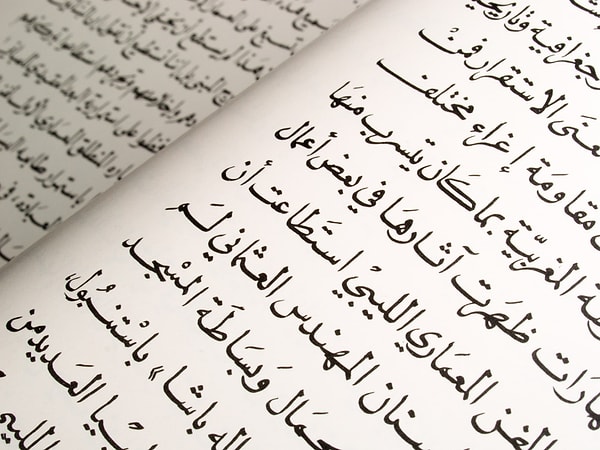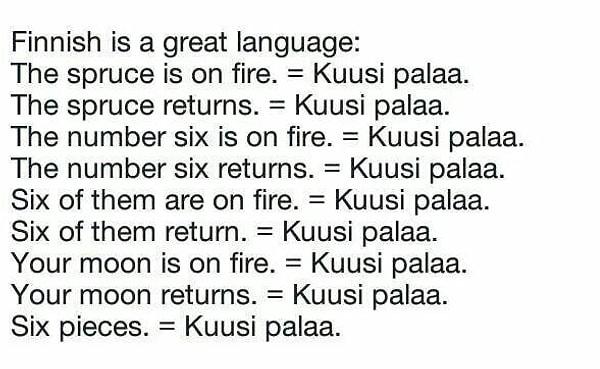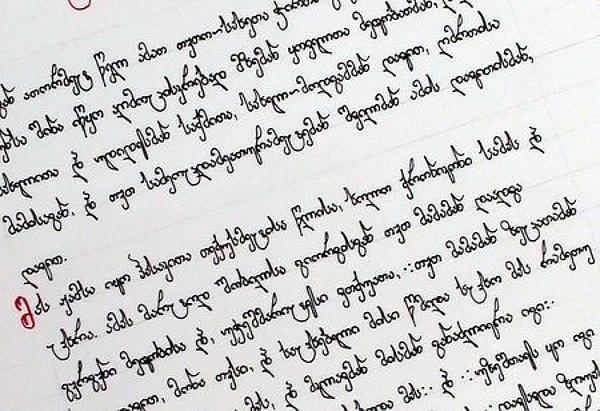The Top 10 Most Difficult Languages to Learn
Language, the intricate tapestry of human communication, varies in complexity across the globe. While some languages may seem like a breeze to grasp, others pose a formidable challenge to even the most dedicated language learners. The difficulty of mastering a new language can be influenced by various factors, such as linguistic features, cultural nuances, and linguistic distance. In this exploration, we embark on a journey to uncover the world's most challenging languages to learn, delving into the reasons behind their complexity and the tenacity required to unravel their linguistic mysteries.
1. Mandarin Chinese: Characters and Tones

Mandarin Chinese, the most spoken language globally, is notorious for its intricate writing system and tonal nature. With over 50,000 characters, learning to read and write Mandarin demands a substantial commitment. Additionally, mastering the four tones is crucial for conveying meaning accurately, as a slight pitch variation can result in an entirely different word. While challenging, the rich cultural and historical aspects of Mandarin make the journey rewarding for those willing to embark on it.
2. Arabic: Script and Dialects

Arabic, a Semitic language with a unique script, poses difficulties for learners due to its right-to-left writing system and the various dialects spoken across the Arab world. Modern Standard Arabic serves as the written and formal language, while regional dialects can significantly differ in pronunciation and vocabulary. The intricacies of the script and the diverse linguistic landscape make Arabic a formidable language to master.
3. Japanese: Three Writing Systems and Politeness Levels

Japanese challenges learners with its three writing systems: Kanji (logographic characters), Hiragana, and Katakana (syllabic scripts). The complexity of Kanji, with thousands of characters to memorize, adds a layer of difficulty. Furthermore, the language incorporates various levels of politeness, requiring learners to navigate nuanced social contexts. Despite its challenges, the elegance and depth of Japanese culture make the pursuit of the language a captivating endeavor.
4. Russian: Complex Grammar and Pronunciation

Russian, with its rich literary tradition and historical significance, can be a formidable linguistic challenge. The language's complex grammar, including six cases for nouns and a complex system of verb conjugation, demands meticulous attention. Pronunciation, with distinctive sounds not found in many other languages, adds an additional layer of difficulty. The intricacies of Russian make it a rewarding conquest for language enthusiasts seeking intellectual stimulation.
5. Hungarian: Agglutination and Unique Vocabulary

As a Uralic language, Hungarian stands out in Europe for its distinct features. The language employs agglutination, where prefixes and suffixes are added to a root word to convey meaning, resulting in lengthy words. Additionally, Hungarian vocabulary is unique, lacking similarities to its neighboring languages. The combination of agglutination and vocabulary distinctiveness makes Hungarian a challenging puzzle for language learners to solve.
6. Finnish: Cases and Vowel Harmony

Finnish, another Uralic language, presents a unique set of challenges for learners. The language features a complex system of cases, influencing the form of nouns, pronouns, and adjectives based on their grammatical role. Vowel harmony, where vowels within a word must harmonize in terms of frontness or backness, adds an additional layer of complexity. The grammatical intricacies of Finnish require a meticulous approach to language learning.
7. Korean: Honorifics and Unique Script

Korean, renowned for its logical structure and scientific script, Hangul, presents challenges due to its honorifics system. The language employs various levels of politeness and formality, influencing word choice and sentence structure based on the speaker's relationship with the listener. The unique script, although phonetic, necessitates familiarity for effective communication. Despite its challenges, the linguistic beauty of Korean and its cultural depth attract learners worldwide.
8. Icelandic: Old Norse Roots and Pronunciation

Icelandic, rooted in Old Norse, is known for preserving linguistic features from ancient times. Its grammar, with four cases for nouns, intricate declensions, and verb conjugations, mirrors its historical origins. Pronunciation, including sounds unfamiliar to speakers of many other languages, adds a layer of difficulty. While Icelandic may be a linguistic challenge, its cultural richness and connection to Iceland's heritage make it a compelling language to explore.
9. Polish: Complex Conjugation and Phonetics

Polish, a West Slavic language, stands out for its complex system of consonant mutations, adding nuances to word forms. The language features intricate verb conjugations, where verbs change based on the gender and number of the subject. Phonetically, Polish includes sounds uncommon in English, contributing to its reputation as a challenging language to pronounce accurately. The linguistic intricacies of Polish require dedication and perseverance from learners.
10. Georgian: Unique Alphabet and Agglutination

Georgian, a Kartvelian language with a unique script, poses a challenge due to its distinct alphabet, unrelated to other writing systems. The language also employs agglutination, where prefixes and suffixes are attached to a root word for meaning. The intricate verb system and the absence of familiar vocabulary from Indo-European languages contribute to the overall complexity of learning Georgian. Despite its difficulty, the linguistic richness of Georgian culture beckons those fascinated by its uniqueness.
Keşfet ile ziyaret ettiğin tüm kategorileri tek akışta gör!


Send Comment